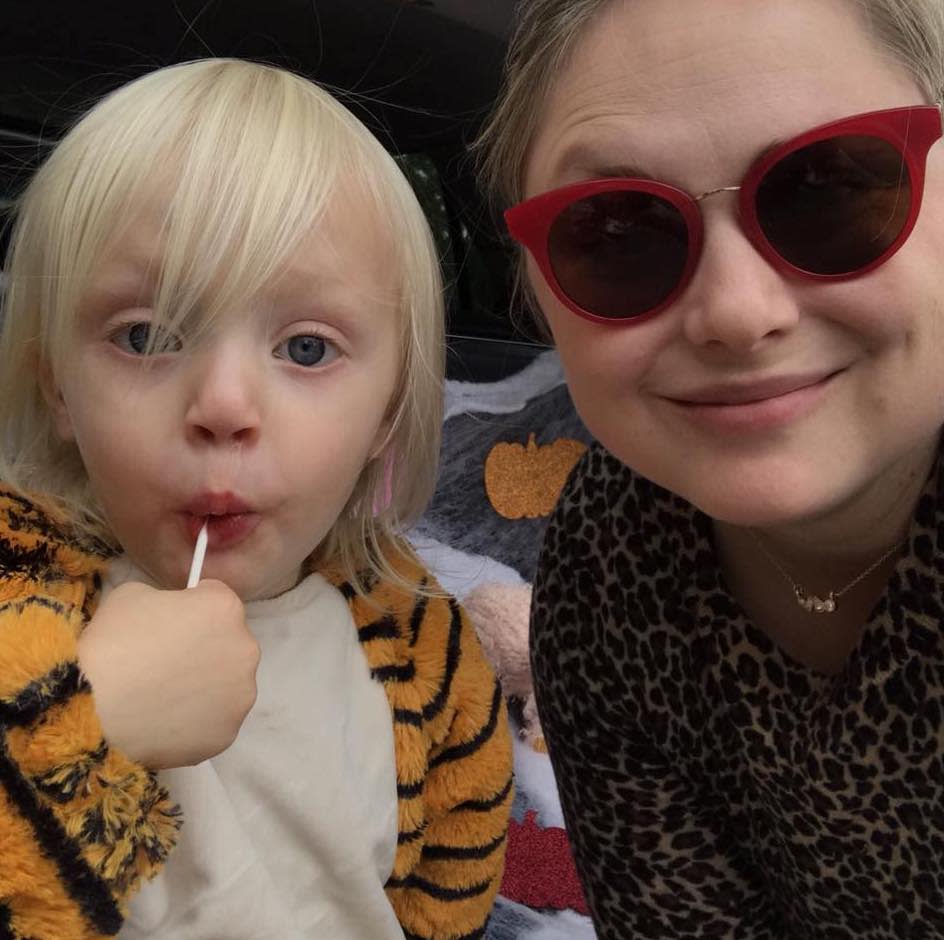Quarantines and custody agreements: How do divorced parents handle coronavirus?
Parents throughout the U.S. are being encouraged to practice social distancing, avoiding travel and group social situations to help reduce the chance of catching and spreading coronavirus. But for parents who are divorced and move their kids between two households as part of a custody arrangement, deciding how to proceed with quarantines related to COVID-19 can be challenging.
Rachelle Dunlevy, a mom of two from Indialantic, Florida, says since her ex-husband lives nearby, they have agreed to stick with their current custody schedule, for now.

"We are keeping everything the same so far," Dunlevy, whose kids are 14 and 12, told TODAY Parents. "If he or his girlfriend gets sick, I'll keep the kids at my house."
Megan O'Connor, whose daughter is about to turn three, has been divorced for almost a year, and says she and her ex-husband are doing the same.
"My ex is a public health professional, so he is aware of social distancing, but also of the importance of our daughter having access to both of her parents during such a fragile time," said O'Connor, who lives in Kensington, Maryland. "Currently, we are both in town so we are maintaining our current schedule. We've decided to do that because we view ourselves as a family unit — though we are no longer together romantically, our daughter is intrinsically a part of each parent."

But what do parents do when there's conflict over whether or not to pause a custody arrangement during the pandemic?
Family law attorneys Kelly Frawley and Emily Pollock, who practice at Kasowitz Benson Torres in New York City, handle family and custodial matters every day, and say when it comes to making decisions about coronavirus and custody, communication is key.
"The first and foremost concern should be the health of your family," said Frawley. "It is important to be cooperative with any schedule changes, even if it results in less parenting time for you and more parenting time for the other parent."
"Understand that you and your co-parent may have different views about how to approach this pandemic and neither of you may be wrong or right, so it's important to be calm," Frawley continued. "Your child is also navigating a pandemic and a change in their everyday routine and you do not want to add to their stress and anxiety — a united front between the parents is best."

Florida mom of two Rachel Sobel, who blogs at Whine and Cheez-Its, says since she and her ex-husband have little control over what their kids' routines look like right now, they also decided to maintain their current custody schedule amidst the spread of coronavirus.
"I think families have to do what works for them and their dynamic," said Sobel. "Our number one priority should always be the well-being of our children and there's no rule book for divorce logistics according to COVID-19."
Suzanne Hayes, who also contributes to the TODAY Parenting Team and lives in Simsbury, Connecticut with her kids, who range in age from 9 to 16, says she and her ex-husband follow a 50/50 custody schedule and have agreed to maintain it for now, unless the coronavirus makes an appearance in their families.
"We agreed that if one parent gets sick, the other would take the kids for as long as needed," said Hayes, who has been divorced for nine years. "If we both get sick, there is no option and we have no plan. We will have to roll with the punches."

Hayes says they've also discussed splitting the kids among houses if some get sick and some do not, adding that things would be challenging since they would not be able to rely on grandparents since they are vulnerable to the virus.
"We are taking it day by day and hoping for the best," said Hayes. "Having been divorced for so long, we have all been through similar circumstances. My best advice to others is to do whatever you can to be your best self for your kids in any given moment. Now is not the time to argue with an ex or get caught up in the intricacies of divorce — whose night it is, who owes money for what...The kids need their parents to be calm, present and as agreeable as possible to help with their world that was literally flipped upside down overnight," Hayes said.
So what should parents who are struggling to come to a peaceful agreement do?
Pollock says it's all about being transparent about your concerns, but guided by what is ultimately best for your children.
"Try to be creative and work out arrangements where if one party has more time now because you want to minimize transitions, you agree that when we return to a normal schedule, the party who didn't get to see the children for as much time has make-up time," said Pollock. "Also, make sure the children have regular phone, FaceTime, email or text contact with the other parent because this time is likely to be very anxiety-provoking for the child and having this contact can allay concerns about the other parent's well-being."

